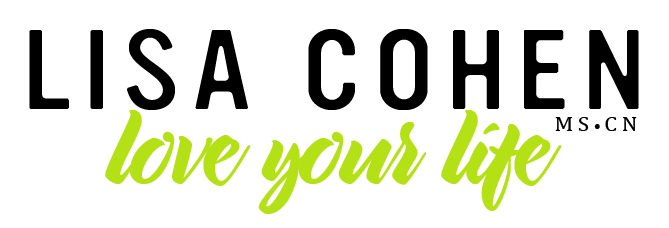Ah sugar, sugar........
/I hear this alot from clients: “I am addicted to sugar.”
Why is it so hard to kick the sugar habit.....to the point that we actually feel like an addict? The answer might be found by taking a closer look at our biology.
In a 2007 study, researchers found that given the choice between sugar-water and cocaine, rats chose sugar water every time. Astonishingly, when researchers increased the concentration of cocaine, the rats still choose more sugar-water.
Conclusion? Our brains are hypersensitive to the effects of sugar.
When the sweet receptors in our brain are over-stimulated by sugary diets, the sugar easily overrides our mechanisms for self-control.
In other words, after that first bite of ice cream, it’s hard for most of us to stop. Our brain is literally telling us Go for it! Eat more!
Breaking the Sugar Habit
So if sugar can easily overrides our self-control, what are some strategies we can use to help break the sugar habit?
1. Don't skip meals.
When we don’t eat enough food during the day, our body naturally craves a quick boost of energy like sugar. Remember that late afternoon candy binge? Do you find yourself snacking on junk food when you get home from work? Not going hungry is the simplest way to reduce cravings. So when you’re craving sugar, check-in with yourself to make sure you’ve eaten enough during the day. Did you skip breakfast? Only had a small lunch? Focus on whole foods like grass-fed meats, omega-3 rich wild fish, vegetables and greens, nutritious grains like quinoa and millet, and good fats like avocados, nuts, seeds and coconut oil. Adding sufficient amounts of these foods into your diet will dramatically cut your sugar cravings.
Tip: Have a green smoothie when you get home from work/school to avoid binging on junk food.
2. Hydrate.
Dehydration can cause sugar cravings. When you feel a craving, try drinking alot of water. A great strategy is is to start your day by drinking water with lemon and having a green smoothie for breakfast. Get your system hydrated and infuse your body with easily digestible nutrients in the morning, and you will be setting yourself up for healthy eating for the rest of the day. I usually recommend 2 liters of water per day, so keep your water bottle full and with you at all times.
3. Eat fruit or use liquid stevia.
When you want something sweet, eat fruit or use stevia as a sweetener. Stevia is a plant with sweet leaves that is often used as a low-carbohydrate, low glycemic sugar that doesn’t feed yeast or fungus in the body or cause cravings. You can add stevia to teas, smoothies or deserts.
Tip: Add a dash of liquid stevia to lemon and water. This makes a delicious and healthy lemonade.
3. Eat sour and fermented foods.
When your craving says I need sugar, hit it with the opposite. Eat sour and fermented foods like sauerkrauts and kimchee. These foods give you a blast of probiotics and nutrients that cut sugar cravings. Look for unpasteurized krauts at your health food store or easily make them at home.
4. Take a high quality probiotic.
When our gut bacteria is out of balance, we crave sugar. Probiotics help replenish intestinal flora and restore balance to the digestive system. They help tip the scale back towards good bacteria and away from bad bacteria, fungus and yeast.
Listen friends.........
Most of us will enjoy sugary treats once in a while. And most of us will over indulge sometimes too! Do not waste any of your energy rehashing the details of what you ate or drank last night! Focus on the positives........Who where you celebrating life with? Your body is an amazing and resilient ball of energy & vibrance! A few sweet moments debauchery are not going to change that. Start tomorrow with a nutritious green drink and go conquer the day!



